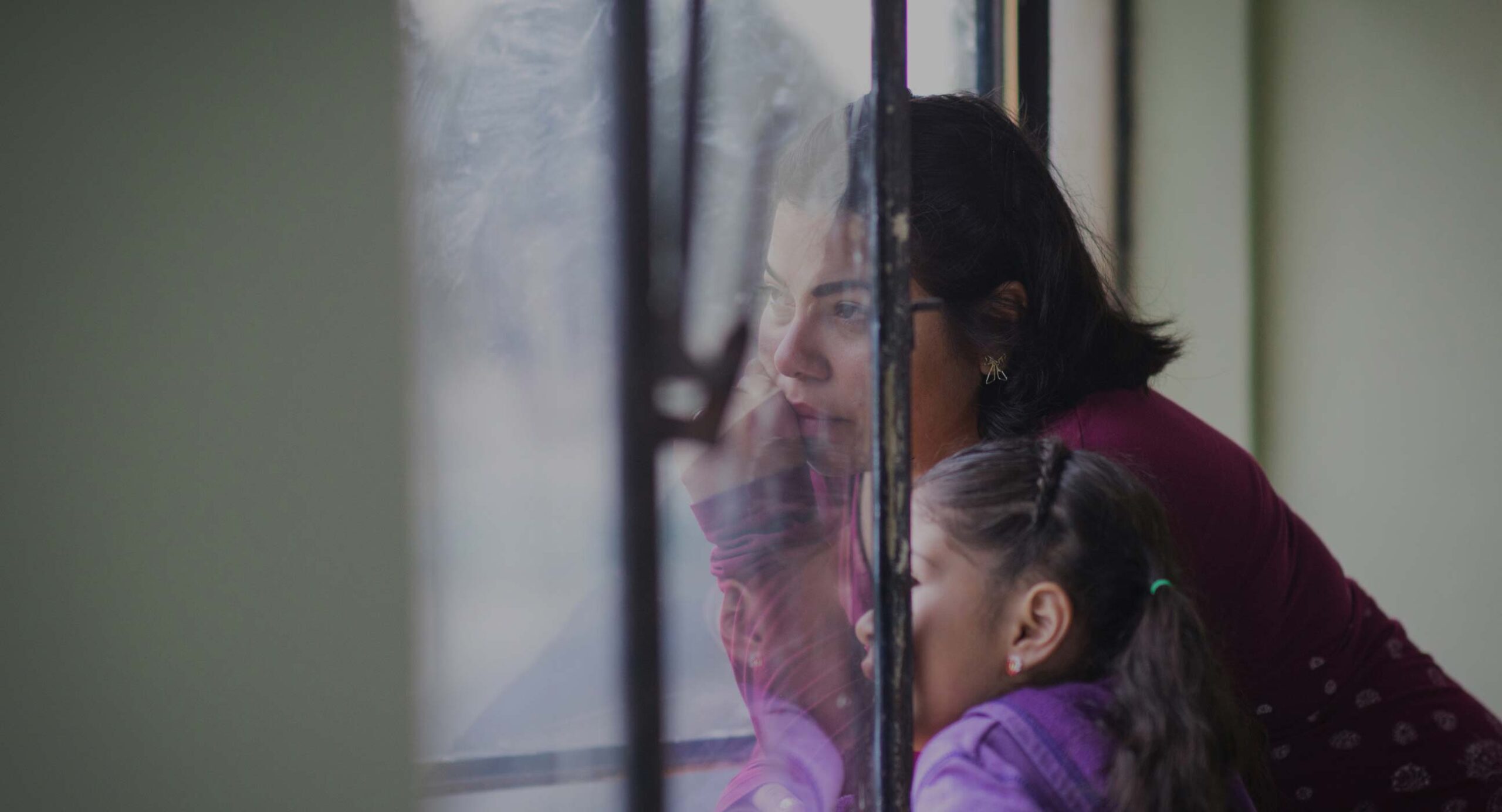
New refugees have just 28 days to find an alternative to Home Office financial support and accommodation – a period known as the ‘move-on’ period. In this piece, HIAS+JCORE Executive Director David Mason gives the Jewish case for why this period must be extended to at least 56 days.
One of the most dramatic episodes in the Biblical book of Exodus is the attack on the Children of Israel by the army of Amalek. We are told: “Remember what Amalek did to you by the way, when you came forth out of Egypt; How he met you by the way, and struck at your rear, all who were feeble behind you, when you were faint and weary; and he did not fear God” (Deuteronomy 25:17-18).
Much is said about the cruelty of Amalek, and it is not difficult to see why. They target the weak and the weary. But one thing that stands out for me, is that Amalek strikes all those who were ‘feeble behind you’. It is suggestive here that there were people whom the Children of Israel had left behind and who were therefore extremely vulnerable.
Of course, had they been included, and not allowed to be at ‘your rear’, this would not have stopped Amalek’s attack. At the same time, there surely is a learning here that if we allow people to drop behind, and become more vulnerable, they will be more exposed to hate.
As our recent briefing makes clear, there are serious difficulties relating to the ‘Move-on period’. Asylum seekers are not allowed to work and have no recourse to public funds. If they are finally given refugee status to remain in the UK, they are then given 28 days to leave government accommodation and find housing and work, or apply for benefits.
Many fall into destitution. We are effectively turning refugees into an underclass, a group that is left behind, and therefore a group that is easily targeted by far-right hate, as we recently saw across England and Northern Ireland.
This situation parallels the moral lesson from the Amalek story: if society allows refugees to drop ‘behind you’ they become more susceptible to harm, including homelessness, destitution, and hate. Drawing on this ethical perspective and our Jewish teachings, it becomes clear that integrating refugees into the community is not just a matter of policy but a moral imperative.
By providing adequate support and extending the move-on period to at least 56 days, we can prevent refugees from being left behind. Together we must face societal challenges, rather than placing the burden on those seeking refuge.
